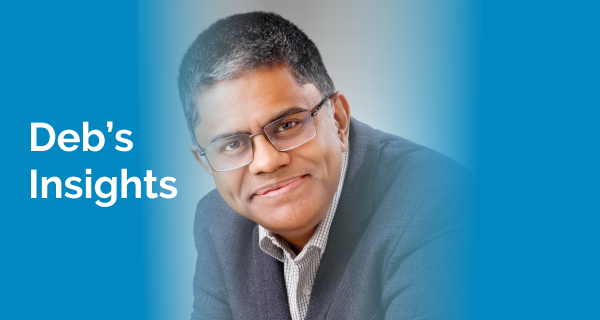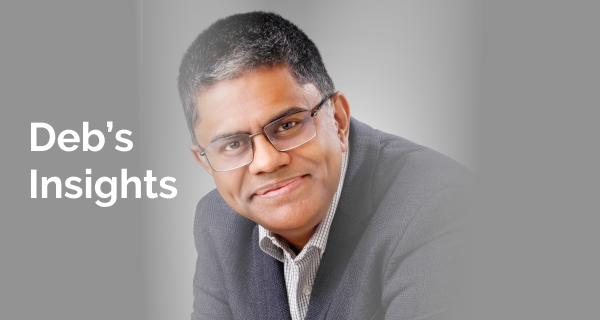

Previous Page >> 4 Lessons On Survival From 2016
4 Lessons On Survival From 2016

The year 2016 was rather unlike the last few that preceded it, in the sense that it was inundated with events that one did not expect. In my opinion this year has given us four lessons that we should keep in mind as we tiptoe into 2017.
Expect the unexpected
This was a year of the unexpected. What seemed unthinkable not so long ago became the new reality. Not surprisingly, a few writers have said this to be a year of black swans or events that come as a surprise and have a major impact.
Even the Nobel committee surprised us when Bob Dylan won the prize for literature!
It started with Brexit when Britons voted to exit the European Union in a referendum held in June. The event cost Prime Minister David Cameron his job and has put Britain on a path of uncertain future. This was followed by Donald Trump winning the US elections, leaving much of the world gobsmacked—wasn’t he just supposed to be a bad joke?
In Italy, citizens voted against Matteo Renzi’s constitutional reforms, pushing the country into a banking crisis and indicating the rising wave of populism in Europe. In Austria quite the contrary happened. In the elections held in December, the belief was that it would go the Brexit and Trump way instead Austria rejected anti-immigration and eurosceptic Norbert Hofer and elected Alexander Van der Bellen.
Closer home, in early November the sudden announcement of demonetisation of ₹500 and ₹1000 notes took the nation by surprise. While there are definite benefits of the push, Indians are still waiting for the banking situation to normalise.
And forget politics and political moves, even the Nobel committee surprised us when Bob Dylan won the prize for literature!
Go digital, or sink
For many who have been playing truant from the digital world, 2016 had a clear message: adopt a digital life or be prepared struggle. Earlier in the year it was formally announced by Klaus Schwab, Founder of World Economic Forum, that we have already embarked on the fourth industrial revolution. In the first industrial revolution, steam power was used to mechanise production; in the second industrial Revolution, electric power was used to create mass production while the third used electronics and information technology to automate production. This fourth industrial revolution is wherein the lines are blurred between the physical, digital and biological spheres.
Terrorism knows no borders, and nor do other types of violence. So, if you think we are safe anywhere, think again.
With progress in artificial intelligence, robotics, nanotechnology, biotechnology, energy storage etc, we will live in a very different world. With so many people connected on mobile phones and internet of things (IOT), devices will be connected over the internet and will talk to each other. Just imagine if your fridge was smart enough to tell you if a certain food product was out of date! Yes, that’s the world that we are moving in. So for someone who is not digitally savvy, life would be very difficult. Closer home, the demonetisation program and the subsequent push by the Prime Minister to go for cashless transactions clearly indicates that we are moving towards a digital society. While we may never be counted among the top cashless economies such as Belgium, France and Canada, I see our metropolitan cities making significant progress in this direction. Don’t be surprised if there are stores which just prefer to do digital transactions.
No place is really safe
No longer can any nation be considered “safe.” With the rise of terrorist outfits such as ISIS and other dysfunctional “lone wolves” waiting to unleash mayhem in society, no country is safe—not France, not Belgium, not Germany, not even sunny Thailand; you can see the entire depressing list of terrorist attacks in 2016 here. Terrorism knows no borders, and nor do other types of violence. So, if you think we are safe anywhere, think again.
Be prepared for the final frontier
This been an interesting year for humans as far as engagement with the universe beyond earth is concerned. President Obama set out a clear goal of sending humans to Mars by the 2030s and getting them back safely to Earth, with the final focus being to make humans stay there permanently. The Elon Musk-led SpaceX too announced its plan to send a spacecraft to Mars as early as 2018. The Jeff Bezos-led space company Blue Origin successfully launched and landed its suborbital rocket New Shepard couple of time, after flying it to the edge of space.
Richard Branson’s Virgin Galactic unveiled its second space plane SpaceShipTwo and successfully performed its first glide flight (the first spaceplane had failed mid-flight. Similar progress was made by SpaceX run by Elon Musk. Clearly space-travel at a lower cost became closer to reality. Meanwhile, scientists at University of Texas at Austin discovered a planet orbiting Proxima Centauri—the closest star to our sun—which seems to be habitable as it has water. In addition, Luxembourg decided to pioneer mining asteroids for precious metals such as gold, platinum and tungsten. It even passed a law to allow companies the right to keep whatever they find in asteroids; the US had passed a similar law in 2015.










